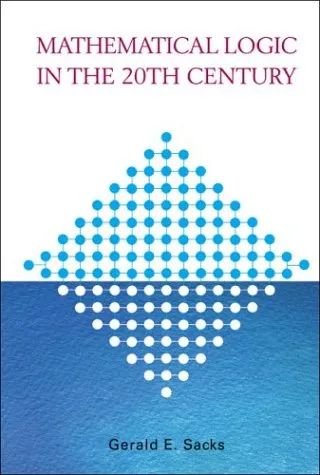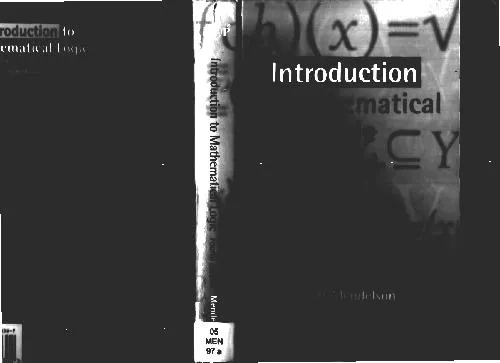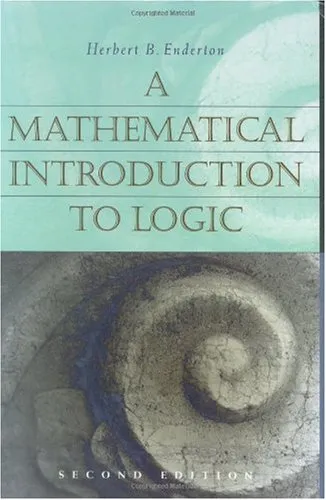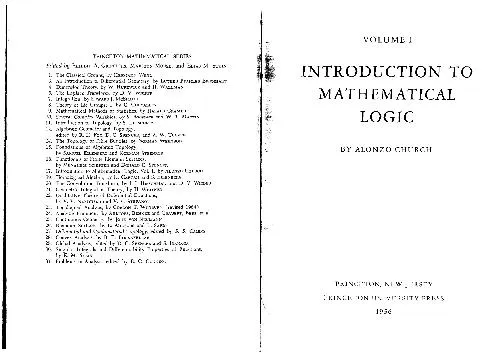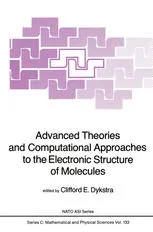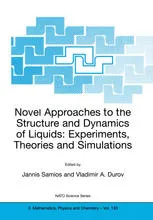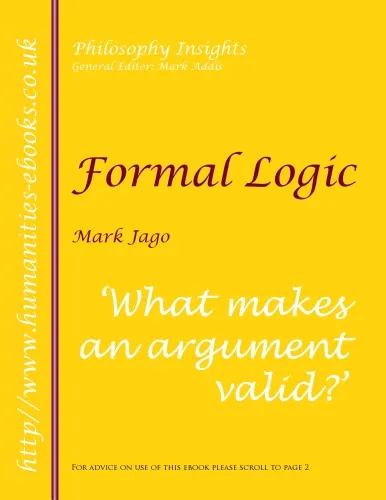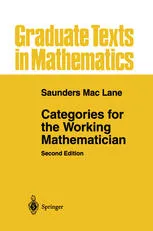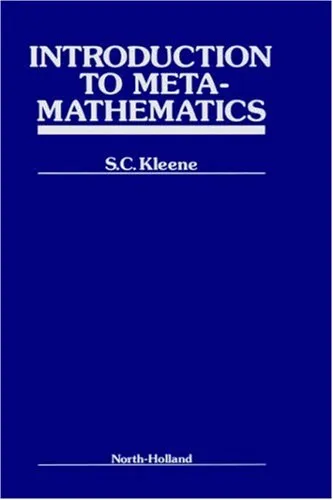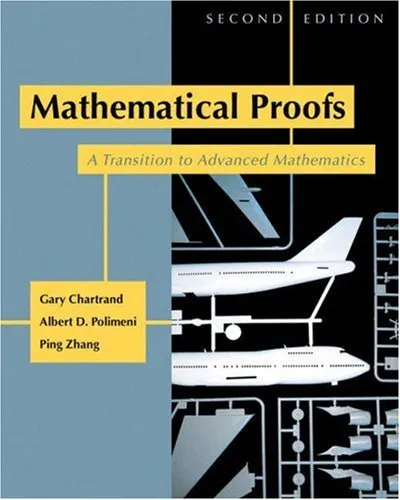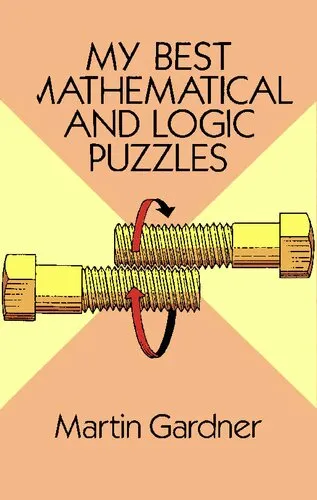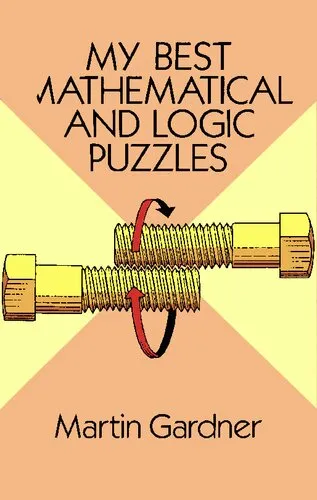Mathematical Logic in the 20th Century
4.6
Reviews from our users

You Can Ask your questions from this book's AI after Login
Each download or ask from book AI costs 2 points. To earn more free points, please visit the Points Guide Page and complete some valuable actions.Related Refrences:
Analytical Summary
The book Mathematical Logic in the 20th Century provides a rigorous and panoramic view of the developments in mathematical logic over a century marked by revolutionary shifts in thought. From the early formalist movements to the birth of computational theory, the text traces the evolution of key ideas, contexts, and debates that shaped the very foundation of modern logic.
Structured as both a historical chronicle and a conceptual analysis, this work situates mathematical logic within a broader intellectual landscape, exploring the interplay between philosophical speculation and mathematical precision. It offers serious readers, academics, and professionals an authoritative but accessible pathway through complex ideas, ensuring that terminologies and concepts are introduced with clarity and relevance.
The narrative spans foundational questions raised in the early 1900s, through Gödel's incompleteness theorems, Turing's computational breakthroughs, and the shifts toward model theory and proof theory in later decades. In doing so, it anchors pivotal moments of discovery within the lives and works of influential logicians, while emphasizing the enduring consequence of these ideas for contemporary mathematics and computer science.
Key Takeaways
Readers will come away with a profound comprehension of mathematical logic’s trajectory—from its abstract foundations to its tangible impact on technology and modern theoretical research.
• Understanding the role of formal systems in framing precise mathematical arguments.
• Insight into the philosophical implications behind computational theory’s birth and expansion.
• Appreciation for the interconnectedness of advancements in logic, set theory, and proof theory.
• Recognition of how historic episodes continue to influence current scientific methodologies.
• Awareness of the debates and unresolved questions that still inspire inquiry in logic and related domains.
Memorable Quotes
“Logic is the anatomy of thought.” Unknown
“Mathematics, when possible, should be reduced to logic.” Unknown
“Computability reshaped not just mathematics, but the architecture of human reasoning.” Unknown
Why This Book Matters
Mathematical Logic in the 20th Century is an indispensable reference for understanding the synergy between abstract theories and technological progress. Its scholarship illuminates the pathways by which intellectual rigor migrates from pure theory into applicable innovations.
At a time when computational theory underpins every digital interaction, tracing its origins to formal logical structures provides valuable context for professionals across disciplines. This book’s commitment to precision makes it not only a historical document but also a framework for ongoing inquiry, inspiring future generations to challenge boundaries in mathematics and philosophy alike.
Whether the reader approaches it as an academic resource or as a means of reinforcing a professional toolkit, this volume brings historic depth to contemporary challenges, ensuring mathematical logic remains central to informed discourse. Information on publication year or awards is unavailable due to no reliable public source.
Inspiring Conclusion
By illuminating a century of groundbreaking thought, Mathematical Logic in the 20th Century invites readers to immerse themselves in the intricate dance of numbers, symbols, and meaning.
This book’s enduring relevance lies in its capacity to connect tradition and innovation, reflecting how theoretical breakthroughs in mathematical logic have become part of the architecture of human knowledge. Whether you aim to deepen research, enrich teaching, or engage in thoughtful discussion, the next step is clear: explore, share, and critically examine the ideas within these pages. In doing so, you join a conversation that spans generations and continues to shape the future of logic and computation.
Free Direct Download
You Can Download this book after Login
Accessing books through legal platforms and public libraries not only supports the rights of authors and publishers but also contributes to the sustainability of reading culture. Before downloading, please take a moment to consider these options.
Find this book on other platforms:
WorldCat helps you find books in libraries worldwide.
See ratings, reviews, and discussions on Goodreads.
Find and buy rare or used books on AbeBooks.
1338
بازدید4.6
امتیاز0
نظر98%
رضایتReviews:
4.6
Based on 0 users review
Questions & Answers
Ask questions about this book or help others by answering
No questions yet. Be the first to ask!
